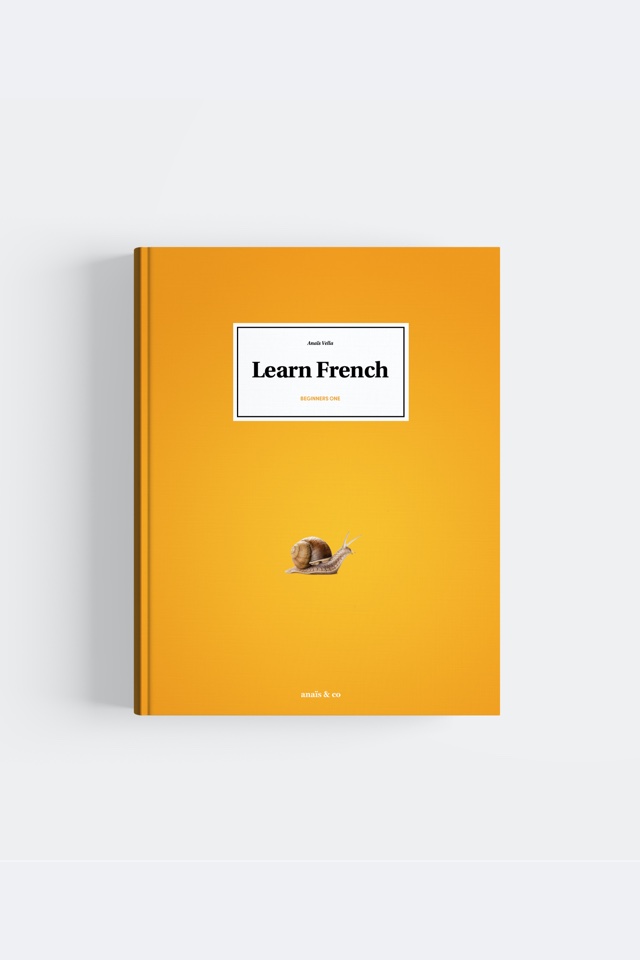

“-Er” verbs are the first group of verbs; they are regular for their endings (except “aller”) and very common. However, Some -er verbs are considered irregular for their spelling due to the changes in the way they are spelt once conjugated in the present tense. “-Er” is pronounced, “ey.”
For example:
Appeler →
J’appelle (the present tense for “je” doubles the “l”).
Take off “-er” at the end of the infinitive verb and add the endings to have the present tense.
| Je | -e |
| Tu | -es |
| Il/elle/on | -e |
| Nous | -ons |
| Vous | -ez |
| Ils/elles | -ent |
The endings for “je,” “tu,” “il,” “elle,” “on,” “ils,” and “elles” are silent and pronounced the same.
| Examples | |
|---|---|
| Parler | Écouter |
| Je parle | J'écoute |
| Tu parles | Tu écoutes |
| Il/elle/on parle | Il/elle/on écoute |
| Nous parlons | Nous écoutons |
| Vous parlez | Vous écoutez |
| Ils/elles parlent | Ils/elles écoutent |
| Habiter | Chercher |
|---|---|
| J'habite | Je cherche |
| Tu habites | Tu cherches |
| Il/elle/on habite | Il/elle/on cherche |
| Nous habitons | Nous cherchons |
| Vous habitez | Vous cherchez |
| Ils/elles habitent | Ils/elles cherchent |

More in the books
Werther you are learning by yourself, with Anais and Co or if you are a FLE teacher find this lesson and many more in a beautiful book.
Be notified when we upload a new video.